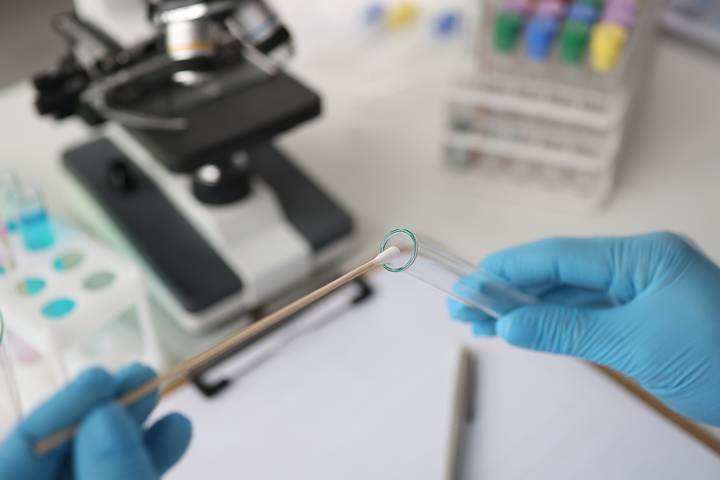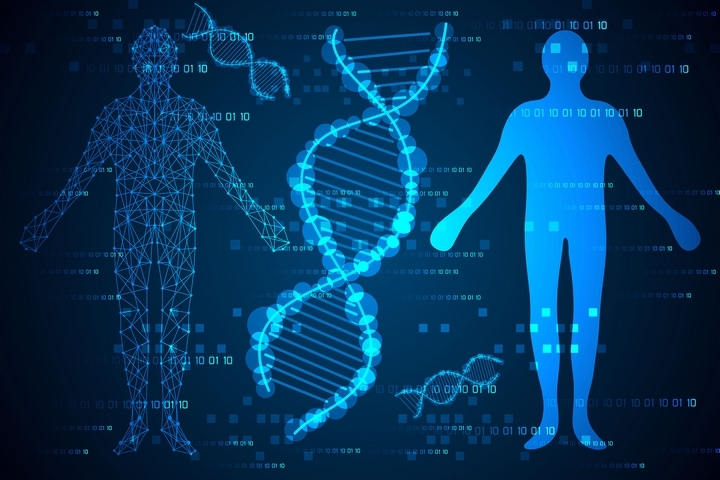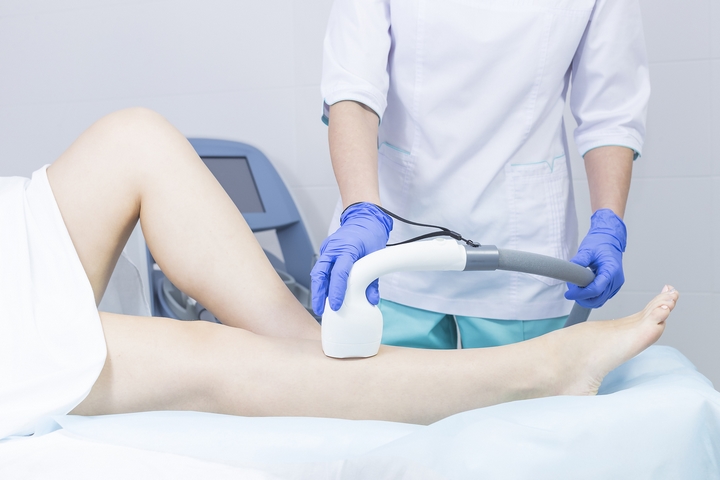Congratulations, you’ve just found out you are pregnant! It’s a thrilling time in your life but it can also be overwhelming. So much information is available these days it can be hard to know where to start.
If you’ve just found out you are pregnant, taking these first steps can help you feel more prepared and confident about your pregnancy. Remember to take care of yourself, stay informed, and reach out if you need help. Congratulations, and best of luck on your pregnancy journey.
Here are the nine important first steps you can take after learning you are pregnant.
Step #1: Make an Appointment with Your Healthcare Provider

Call your doctor or midwife for an appointment as soon as possible. Ensuring you and your growing baby receive the best care throughout pregnancy is important. During your first prenatal visit, your doctor or midwife will ask about your medical history, perform a physical exam, and order basic tests.
Your healthcare providers are your best source of information during pregnancy. Remember to ask questions and be open and honest during your appointment. Your provider is there to support you through this exciting journey.
Step #2: Prenatal Paternity Testing

You may consider taking a prenatal paternity test while pregnant. This non-invasive test is done any time after ten weeks of pregnancy and offers several benefits for expecting parents. This information can help both parents plan for the future. Prenatal paternity testing can also aid in making important medical decisions.
For instance, if a genetic disorder runs in the biological father’s family, prenatal testing can help identify potential risks to the fetus, allowing parents to take appropriate medical measures.
Step #3: Start Taking Prenatal Vitamins

Starting to take prenatal vitamins as soon as you find out you are pregnant is essential in supporting your health and the development of your growing baby. Your doctor or midwife should recommend a prenatal vitamin for you.
Prenatal vitamins are formulated specifically to meet the needs of mom and baby during pregnancy. They contain essential vitamins and minerals, including folic acid, iron, and calcium. Folic acid is vital in the early stages of pregnancy, as it can help prevent certain brain and spine congenital disabilities.
Step #4: Eat a Healthy Diet

Eating a healthy and balanced diet during pregnancy is important for you and your developing baby. Your body has additional nutritional needs now to support the baby’s growth and development and to keep you healthy throughout the pregnancy.
Aim to eat from all food groups, including lean protein, vegetables, fruits, whole grains, and dairy. Avoid foods high in sugar, salt, saturated fats, and processed and packaged foods.
Step #5: Stay Hydrated

Drinking plenty of water is essential, but it’s imperative during pregnancy. Staying hydrated can help prevent constipation, reduce swelling, and prevent urinary tract infections. Water is also necessary during pregnancy to help form the amniotic fluid around the developing fetus. Pregnant women should aim to drink eight glasses of water daily, and more if they are exercising or if it is very hot outside.
Step #6: Get Plenty of Rest

Pregnancy can be tiring, especially in the first trimester. Getting plenty of rest and proper sleep at night will help you feel your best. Try to get 8 hours at night and nap during the day if needed. To improve sleep quality, try establishing a regular sleep routine, keeping your bedroom cool and dark, and using pillows to support your body.
Talk to your doctor or midwife if you are experiencing insomnia or are concerned about your sleep habits during pregnancy.
Step #7: Exercise Regularly

Staying active during pregnancy can help improve your mood, increase your energy, and reduce your risk of certain pregnancy complications. Your provider can talk to you about what exercises are safe for you.
Aiming for about half an hour of light to moderate exercise most days of the week is typically recommended. In general, low-impact exercises such as walking, swimming, and prenatal yoga are recommended, while high-impact activities and contact sports should be avoided.
Step #8: Avoid Smoking, Alcohol and Drugs

Smoking, alcohol, and drugs can harm your baby’s development. If you smoke cigarettes, it is time to stop. No amount of alcohol is safe during pregnancy. If you drink or use drugs, please talk to someone about getting help to quit.
Step #9: Consider Genetic Testing

Your doctor or midwife might recommend genetic testing to screen for certain genetic disorders. Genetic testing provides valuable insight into the risk of certain genetic conditions in your baby.
Discuss the pros and cons of genetic screening and testing with your healthcare provider and any personal or family history of genetic conditions. This can help you decide whether to pursue testing and which type of test is right for you.













